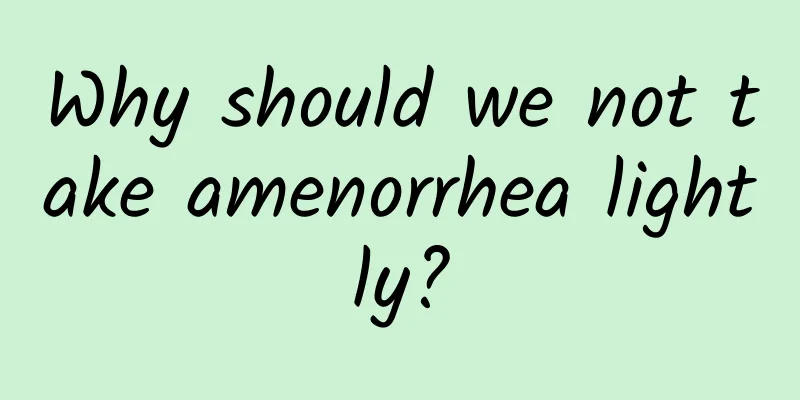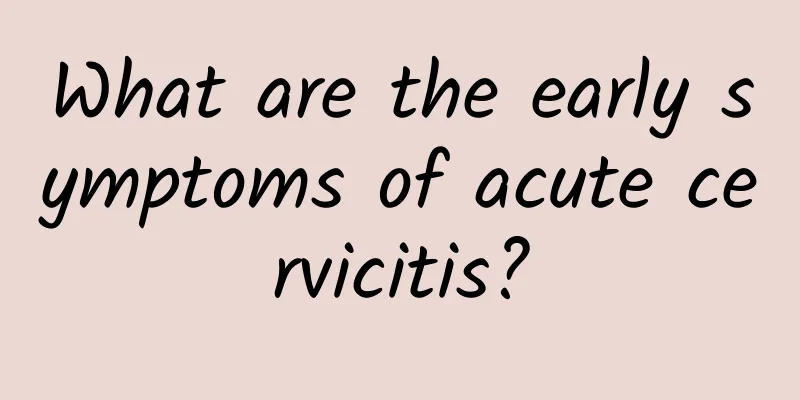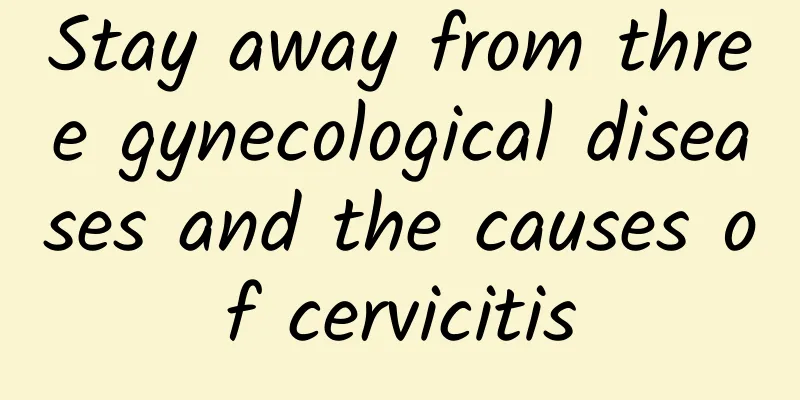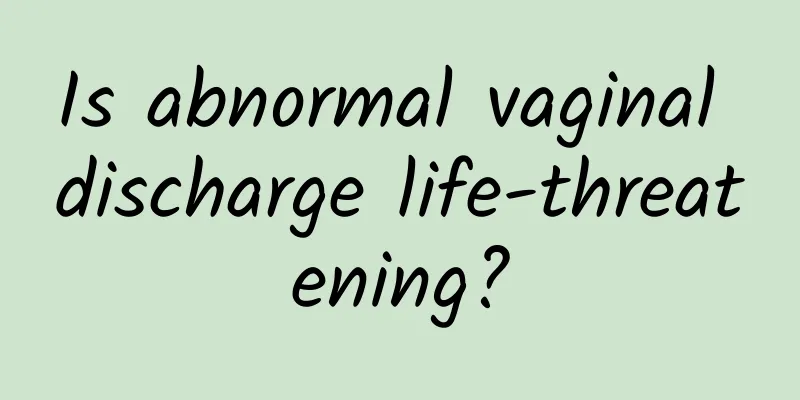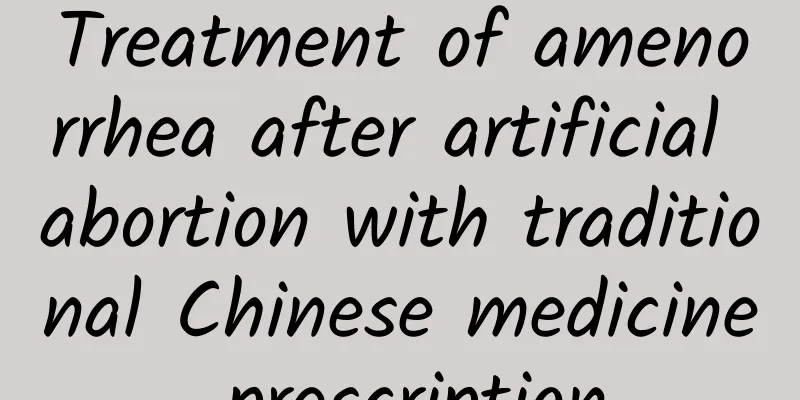Experts explain the precautions for fumigation treatment of chronic pelvic inflammatory disease
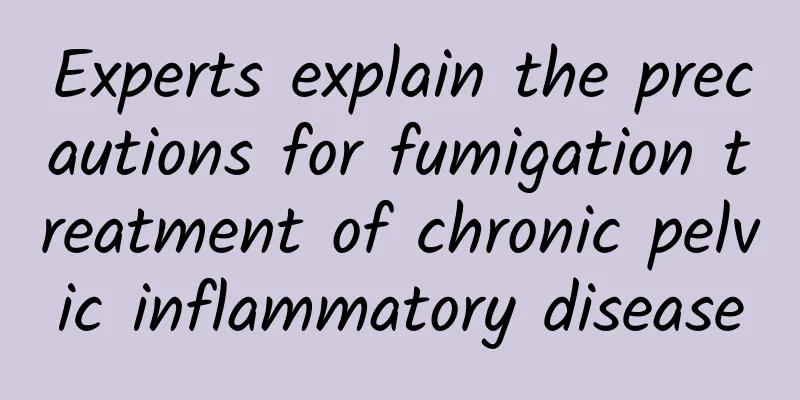
|
Fumigation is currently a common method for treating chronic pelvic inflammatory disease. It is relatively effective in treating chronic pelvic inflammatory disease, but there are some things that need special attention. What are the precautions for fumigation treatment of chronic pelvic inflammatory disease ? The following is a list of common precautions for fumigation treatment of chronic pelvic inflammatory disease. In general, common fumigation treatment of chronic pelvic inflammatory disease precautions are: 1. The temperature of the liquid medicine must be strictly controlled during fumigation. The temperature should be moderate. Too high temperature can easily burn the skin, while too low temperature will affect the efficacy (generally 40-50℃ is appropriate). When fumigating and washing to treat chronic pelvic inflammatory disease, if the temperature of the medicine is too high, you can wait for a while before fumigating, or increase the distance and try it slowly. It is appropriate to keep it moderate. But do not add cold water to cool it down. When the liquid medicine is warm (not hot or tolerable), wash, bathe, soak, and soak. 2. Patients with chronic pelvic inflammatory disease should keep warm when bathing, avoid cold and wind, and dry their skin immediately after bathing to avoid wind after bathing. In winter and autumn, the bathing place should be warm and windproof. After fumigation and medication, patients with chronic pelvic inflammatory disease should dry their skin and stay in a closed room for 15-30 minutes to avoid wind and cold. 3. Choose the right time for fumigation. Patients with chronic pelvic inflammatory disease should not fumigate within 30 minutes before or after meals; bathing on an empty stomach is prone to hypoglycemia shock; bathing on a full stomach after a meal will affect food digestion and absorption. The rest of the time is fine. 4. Pay attention to changes in the condition at any time. If it is effective, continue to use the medicine until you are cured. If it is ineffective or reversible, you should change the treatment method of chronic pelvic inflammatory disease at any time. If this method is effective in treating chronic pelvic inflammatory disease, you should continue to use the medicine until you are cured. Do not stop using it, which will affect the efficacy. The above is an introduction to the common precautions for fumigation and washing to treat chronic pelvic inflammatory disease. I hope it will be helpful to everyone. Patients with chronic pelvic inflammatory disease should choose a treatment method that suits them according to their actual condition and should not choose blindly. |
<<: Experts explain the relationship between chronic cervicitis and sexual life
>>: Dietary taboos for chronic cervicitis
Recommend
How to treat adnexitis
Acute adnexitis is one of the types of adnexitis....
How much does uterine fibroid surgery cost?
Although uterine fibroids are a disease in which ...
How to prevent dysmenorrhea in daily life What are the methods to prevent dysmenorrhea
Dysmenorrhea, or menstrual pain, is a common prob...
Can drinking soy milk help you lose weight? ! PK Black Soy Milk, Salty Soy Milk Which one has the highest calories?
Breakfast is the most important meal to start the...
Symptoms of adnexitis
There are two major categories of uterine adnexit...
Don’t take persistent dysmenorrhea lightly
There are many factors that lead to dysmenorrhea....
Jen with a nice butt is getting thinner and thinner! The Metabolic Diet, Ignite Your Metabolic Fire
Why can’t I lose weight even though I eat very li...
Experts explain the early symptoms of pelvic inflammatory disease
Pelvic inflammatory disease is a relatively harmf...
How many days will menstrual irregularity be delayed?
Menstrual disorders usually cause a delay of 7 to...
Traditional Chinese Medicine Diet Therapy for Dysfunctional Uterine Bleeding
Zou, female, 16 years old. She had her first mens...
Is fasting and starving enough to lose weight? Overeating and drinking may ruin your diet! Nutritionist: Quickly understand the five major risks
There are numerous weight loss methods, and the &...
What are the steps in diagnosing miscarriage?
Abortion is divided into early abortion and late ...
Learn about these diagnostic tests for ectopic pregnancy
Learn about these diagnostic methods for ectopic ...
What foods should not be eaten by people with hyperprolactinemia
Hyperprolactinemia, also known as hyperprolactine...
What to do with hyperprolactinemia in early pregnancy
Some women have high prolactin levels after pregn...


